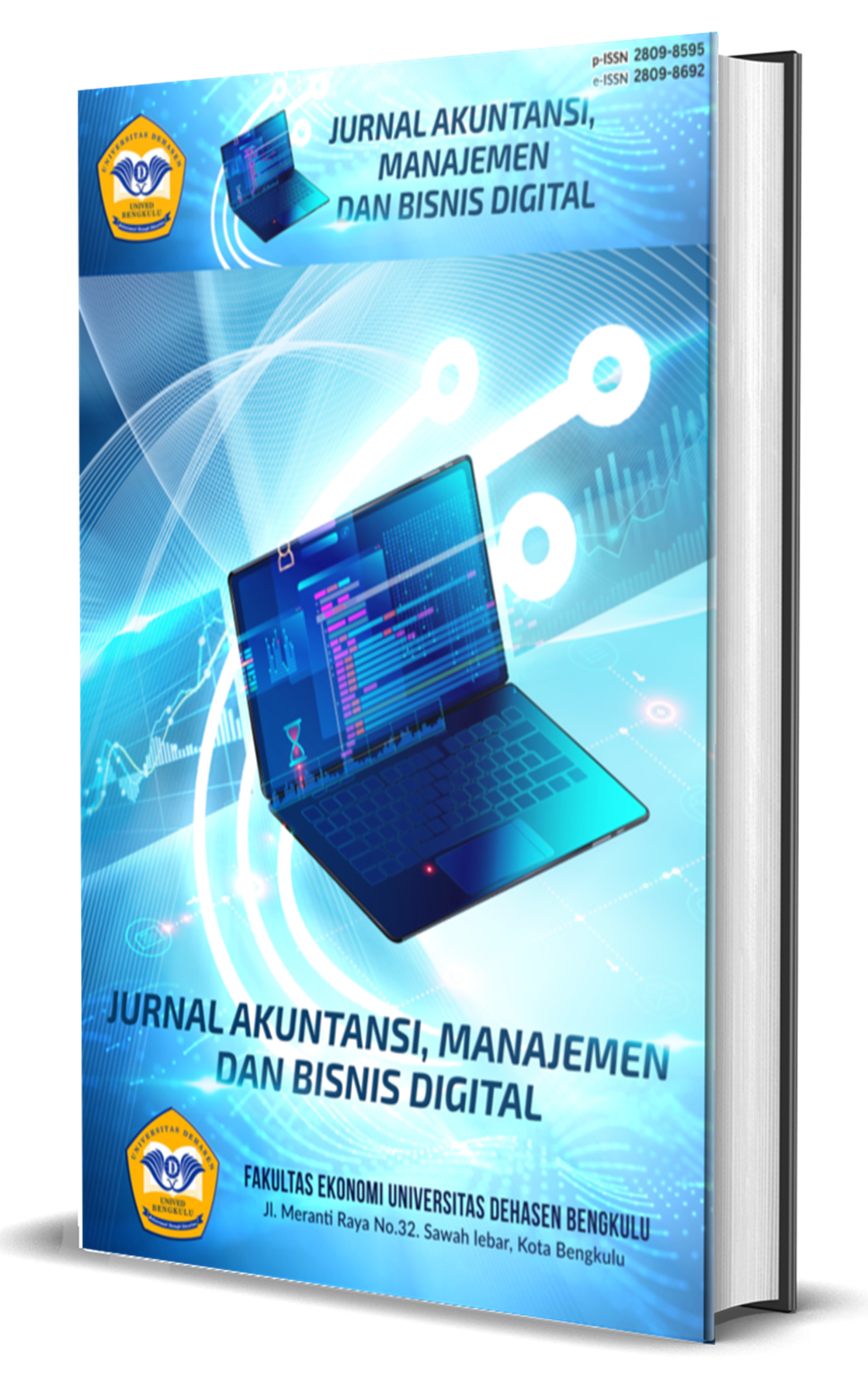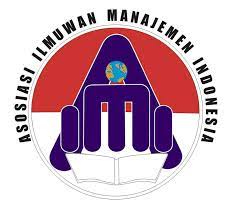Comparative Analysis Of The Financial Performance Of Indonesian Islamic Banks Before And After The Merger
Abstract
The purpose of this research is to evaluate the financial performance of Sharia Commercial Banks in Indonesia using a financial ratio approach consisting of Capital Adequacy Ratio (CAR), Return on Assets (ROA), Return on Equity (ROE), Non-Performing Financing (NPF), Financing to Deposit Ratio (FDR), and Operating Expenses to Operating Income (BOPO). This research uses secondary data that is quantitative in nature. Data were obtained from the annual financial statement documents of several sharia commercial banks authorized by the Financial Services Authority (OJK) over a specific period. To determine the effectiveness and efficiency of each bank's performance, quantitative descriptive analysis and financial ratios were used. Although it depends on several factors, the results of this study show that the financial performance of Islamic banks, overall, is quite satisfactory. Although ROA, which indicates the bank's competence in generating profits from all its properties, needs to be improved to reach the ideal efficiency standards. According to Bank Indonesia regulations, the NPF ratio is within safe limits, indicating good financing quality. Meanwhile, the FDR indicates that most Islamic banks are quite aggressive in disbursing their funds, while some BOPO ratios show a level of operational efficiency that needs improvement. This study provides an overview of the role of Islamic bank management in strategic decision-making. Additionally, it serves as a reference for investors and regulators to evaluate and improve the performance of the national sharia banking industry.
Downloads
Copyright (c) 2025 Sulaiman Sulaiman, Lily Rahmawati Harahap, Rahmi Aryanti, Sri Ermeila

This work is licensed under a Creative Commons Attribution-ShareAlike 4.0 International License.










